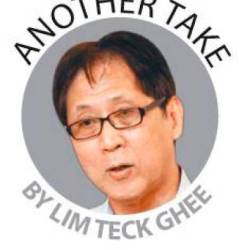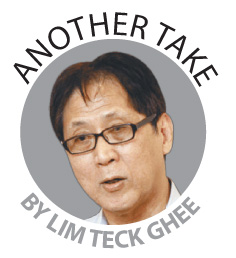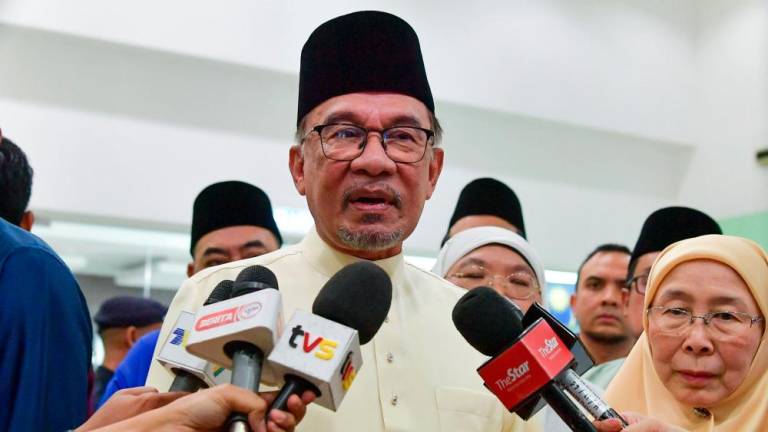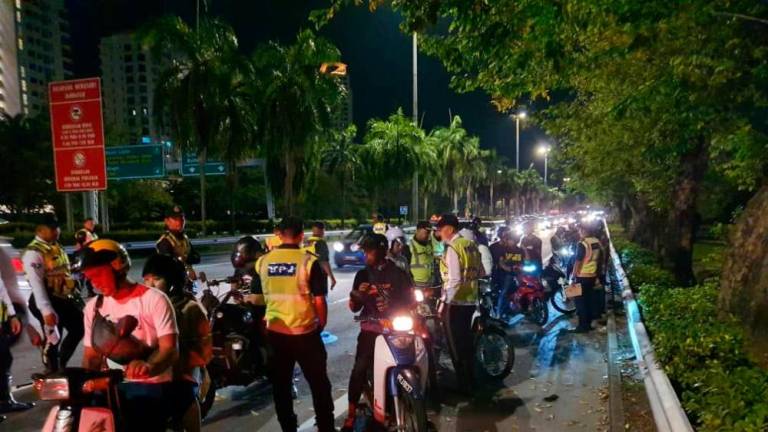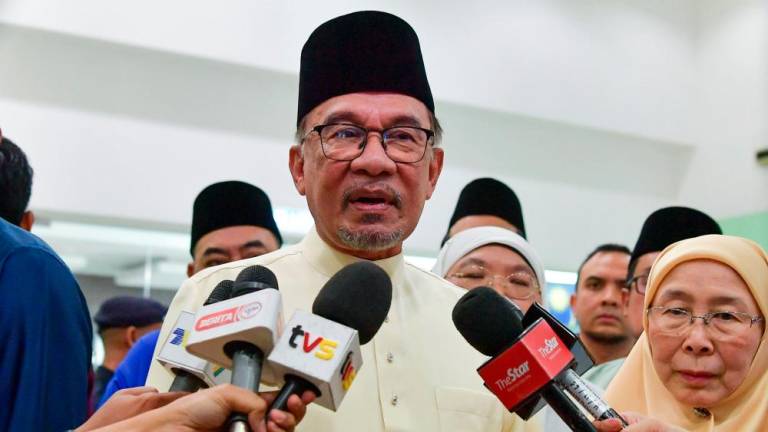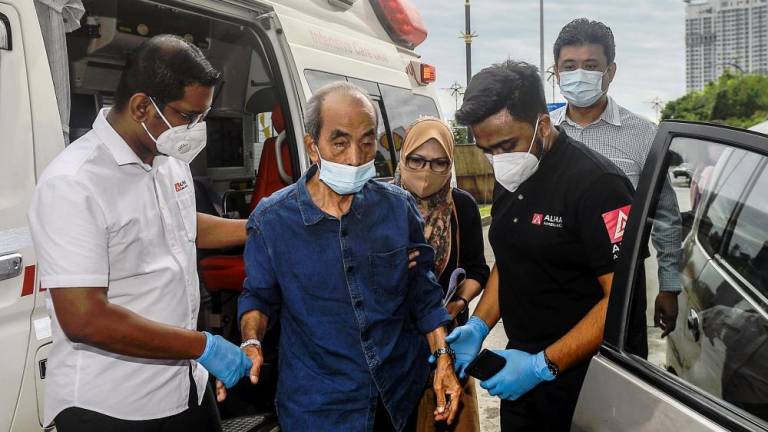THE claim of victimhood or adoption of a victim mentality is not only a culture. It can grow into a veritable industry.
One driver of racism has been racially skewed socio-economic, educational, cultural and even governance policies. These policies have been pursued even before the watershed event of May 1969 which altered the political dynamics of the nation and set in place enhanced institutional mechanisms to entrench racial stereotyping and racism in the country.
The rationale for these policies have ranged from their linkage with Article 153 of the constitution, the racial disparity in income, the so-called social contract providing for political equality on the condition of economic equality and the need to defuse inter-ethnic tension.
Explicit in whatever justification has been developed to support racially skewed outcomes has been the mindset of leaders of the majority community that their community is the victim of British and post Merdeka development, and that this needs to be remedied or corrected by differential privileges and rights accorded to the citizens of the country.
That such a mindset is not only still prevalent in Malaysia more than half a century after independence, but has actually been strengthened has been critically appraised and condemned by many.
A recent Facebook posting is the latest critique by comparing what is presently taking place in the United States with the Black Lives Matter movement with our own situation with respect to race based policies. The posting based on the writer’s lived experience explains: “I am thoroughly fascinated by, especially late 20th and 21st century, leftist social movements in the US that today has blown into antifa, BLM etc. Having lived in the relatively less affluent part of Alachua County in Florida for most of my five years there in the 80s and never stopped my observations since, I cannot help but see the similarities between what happened in black society and our own. The victimhood mindset, the resentment sown by its so-called ‘leaders’ of ‘others’, the regressive culture intertwined with blind religiosity, quota and affirmative actions that inevitably paved the road to hell. But hey! Blame others instead of looking at the mirror. Don't talk about problems caused by your own kind which is much much worse than what others may or may not have done to you. Deflect. Focus on what you emotionally perceive and what others do to you. It is always the fault of others.”
The writer also called on his friends and others to listen in to Dr Thomas Sowell, an African American economist who has been one of the most consistent opponents of racially based affirmative programmes.
Among some of the other key findings of his study that apply to Malaysia are:
They encourage non-preferred groups among the non-bumiputras and even within the bumiputras to redesignate or emphasise themselves as members of bumiputras to take advantage of race preference policies;
They tend to benefit primarily the fortunate and opportunistic (including the politically connected) among the preferred group (e.g. upper middle and upper class bumiputras), to the detriment of the least fortunate among the non-preferred groups.
They reduce the incentives of both the preferred and non-preferred to perform at their best, the former because doing so is unnecessary and the latter because it can prove futile, thereby resulting in net losses for society as a whole.
This behavior undermines the creation of a meritocratic society in which economic goods, socio-economic mobility and/or political power are vested in individuals on the basis of talent, effort, and achievement, rather than on wealth, political affiliation or social class.
Finally, perhaps the most important of his findings is that, in the United States as in other countries, the original rationale for race based affirmative action has little to do with how it actually is practised. The disproportionate benefit that well-placed, affluent blacks receive, with little if any going to those who continue to suffer the most, has discredited the ethos of affirmative action more than anything.
Today in Malaysia, the claim of victimhood or adoption of a victim mentality is not only a culture. It has grown into a veritable industry. This phenomenon paradoxically is most embraced by some leaders of the community including the most educated and those who have achieved the greatest socio-economic mobility by taking advantage of their victim status.
In the next article we shall look at the main leaders of this culture and mindset and the validity of the arguments for its continued relevance in the policies and governance of the country.
Lim Teck Ghee’s Another Take is aimed at demystifying social orthodoxy. Comments:letters@thesundaily.com



